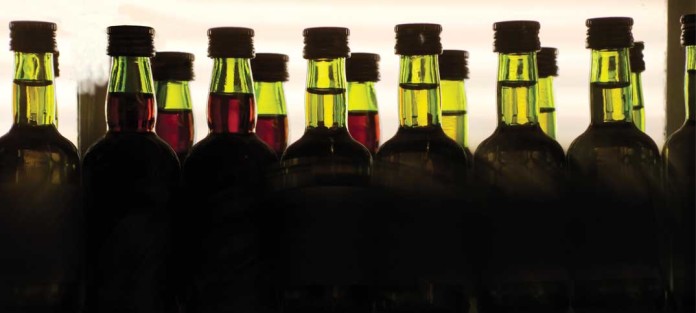As the Alcohol Wholesaler Registration Scheme comes into force, Better Wholesaling reminds wholesalers to get a move on.
Illegal sales of alcohol cost the Treasury £1.3bn a year and leave a giant dent in legitimate wholesalers’ profits. But the criminals behind duty fraud face a clampdown this year, thanks to the introduction of the Alcohol Wholesaler Registration Scheme (AWRS).
Areas HMRC will look at
- Quality of accounting
- Stock control
- Records
- Unauthorised trading
- Unspent criminal convictions
- Where you buy and sell alcohol
On January 1, HMRC begins an initiative to tighten up alcohol trading in wholesale and kill off illicit trading for good. Between then and March 31, the 20,000 businesses classed by HMRC as alcohol wholesalers must begin filling out AWRS applications online to register and prepare for site visits from officials. Fail to get your application in on time and you could face thousands of pounds in fines.
Speaking to delegates at the Today’s Group Conference in September, Federation of Wholesale Distributors chief executive James Bielby warned wholesalers to be proactive and apply for the register without delay.
He said: “You need to make sure you’ve got all your processes in place in terms of where you’re buying from and who you’re selling to.”
Laura Pollard, HMRC’s deputy director for alcohol and tobacco, says the AWRS will ensure all businesses are competing on a level playing field. “Applying will not be difficult and businesses can make it even easier by getting ready,” she adds.
As part of the scheme, officials will visit wholesalers for one of three reasons: they see them as high risks, they see them as good businesses, or as a spot check. They will also assess whether the wholesalers are ‘fit and proper’.
Wholesalers and alcohol traders must ensure any alcohol they source in the UK is from ‘fit and proper’ suppliers, and will be able to check this online.
Penalties will come into force from April 1 for wholesalers and April 2017 for retailers. HMRC has also stated any alcohol found in unregistered depots may be seized even if the duty has been paid.
As well as examining supply chains, HMRC will look at whether there is any outstanding debt and if any key people in a business have unspent criminal convictions.
Pollard says: “Hardworking businesses that follow the rules will no longer lose out to criminals dealing in illicit alcohol.”








